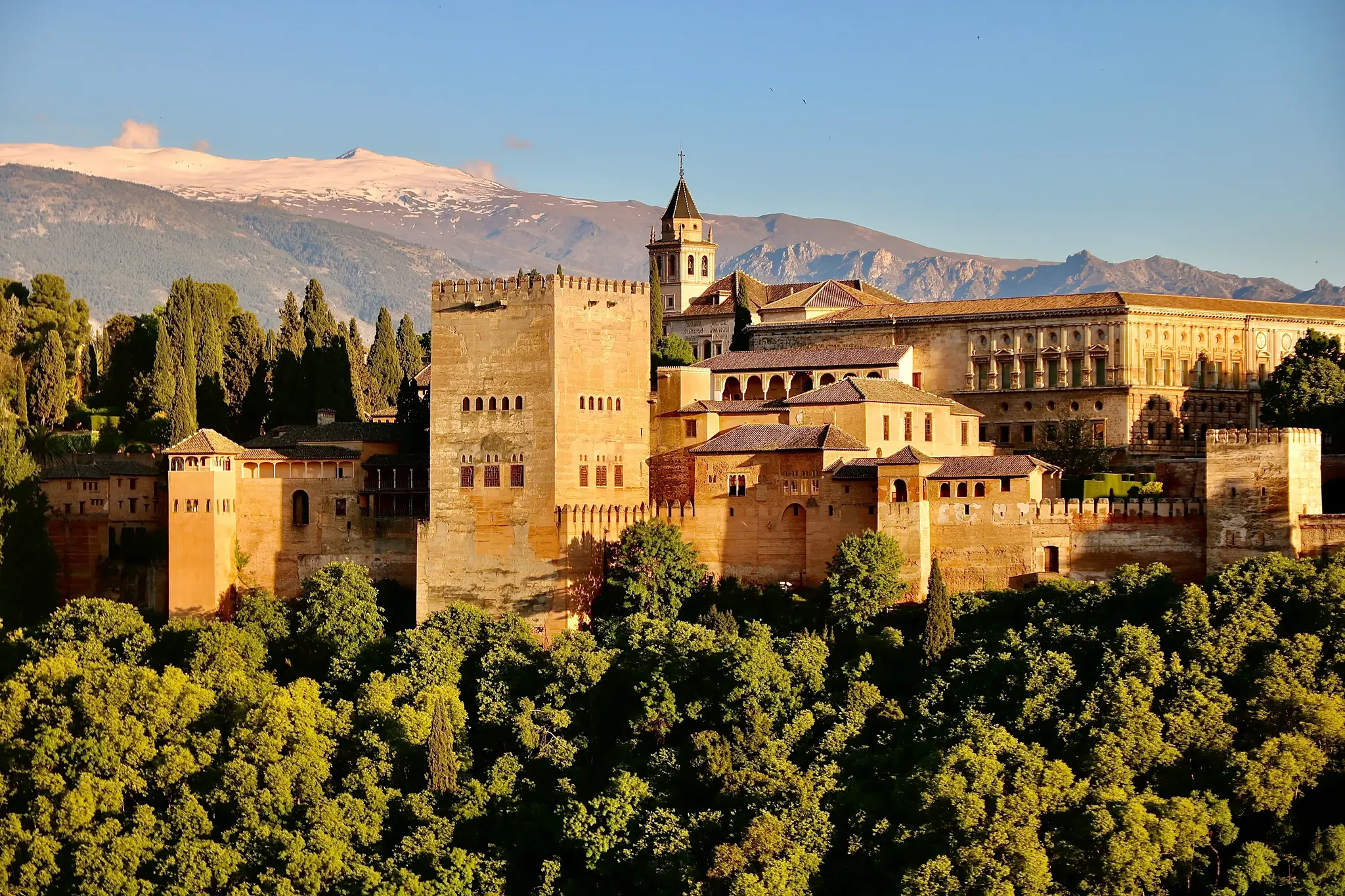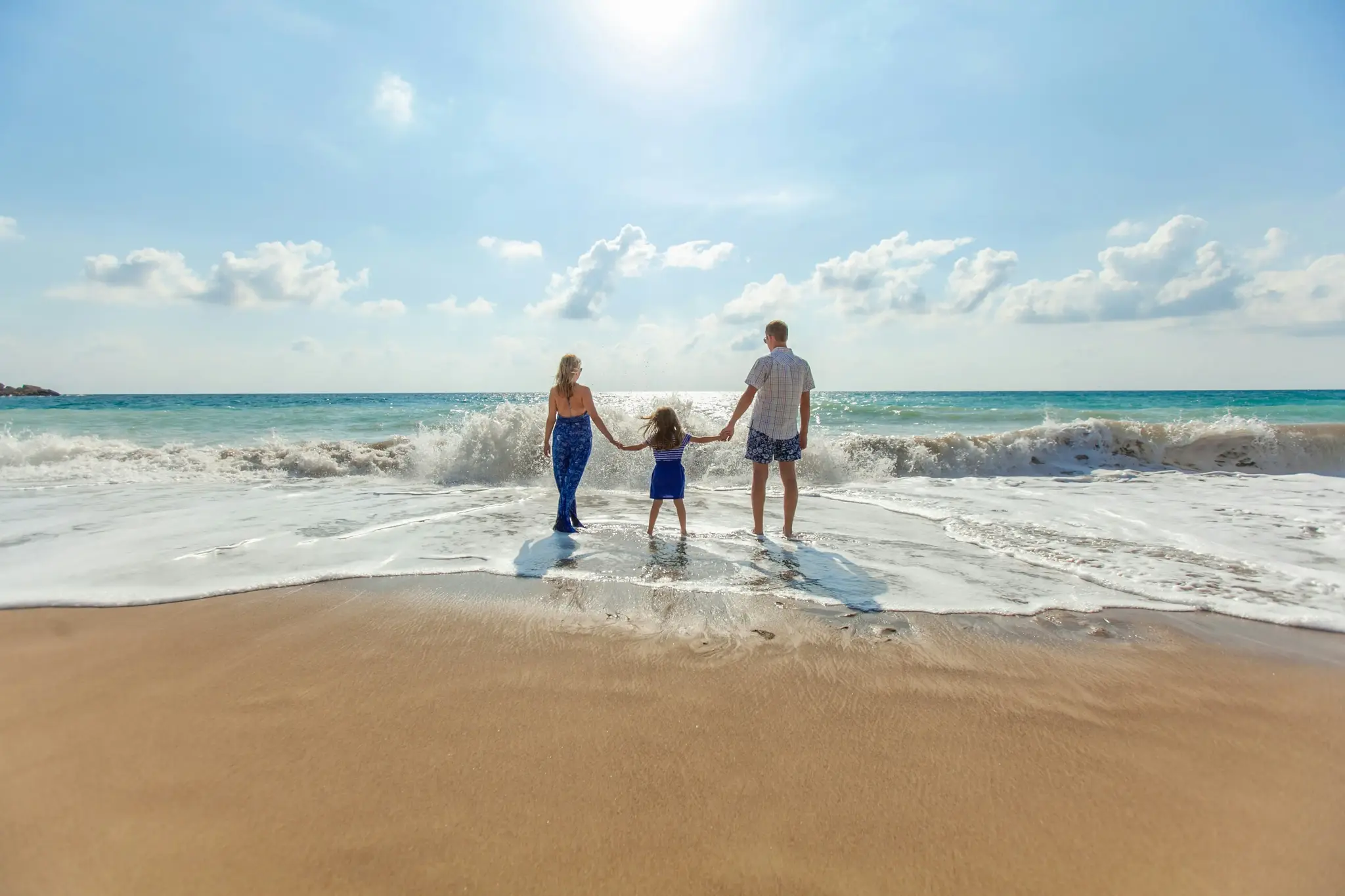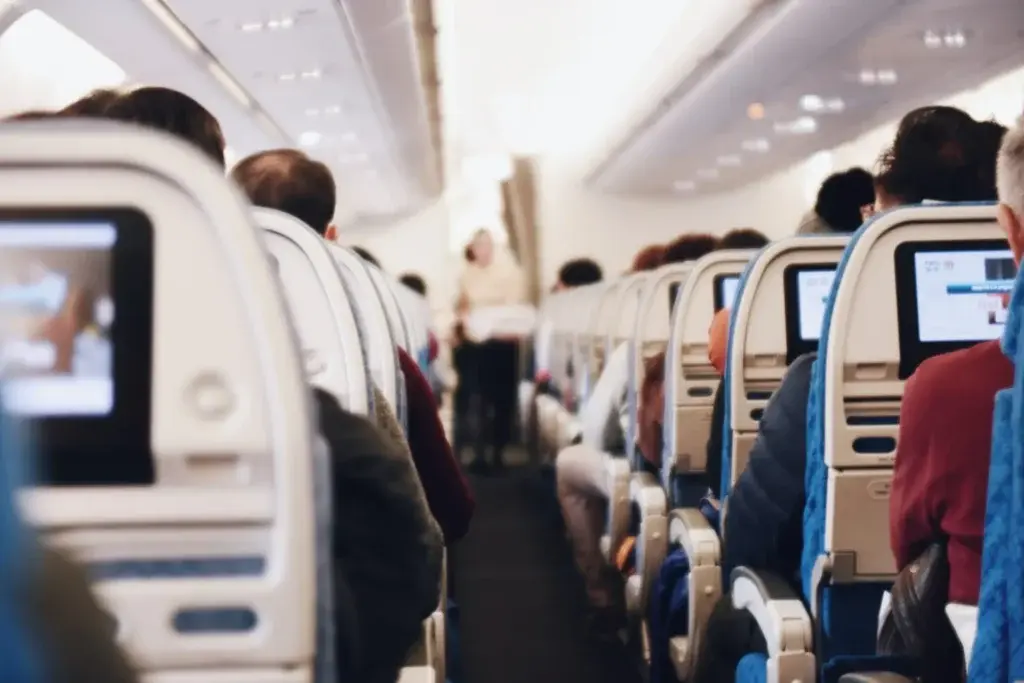Planning a trip to Madagascar: what papers do you need? How can you make sure you're well covered during your stay? How do I take out travel insurance for Madagascar? We tell you all about it in our complete guide!
Travel insurance Madagascar
Prix moyen constaté
10,05€/Pers*
*Tarif pour un voyage d’une semaine pour une personne de 30 ans (sans annulation).


COVID-19
Full "recommended" vaccination schedule

Mandatory documents
Valid passport is required

Residence permits
Visa required

Currency
Ariary

Vaccination
No vaccinations required
Make sure your vaccinations are up to date

Travel insurance Guinea
500,000 coverage recommended by Yupwego

Best period
April to October

Emergency numbers
medical emergencies - 117
Your Travel Health Insurance Madagascar
online
Start your quotation now and obtain your medical insurance certificate insuring medical expenses up to €500,000.
Discover Madagascar
Madagascar at a glance
Madagascar, also known as the "Red Island", is a land of contrasts and wonders.
With a biodiversity unique in the world, it is home to endemic species such as lemurs and majestic baobabs.
Between the idyllic beaches of Nosy Be, the impressive rock formations of the Tsingy de Bemaraha, and the vibrant capital Antananarivo, Madagascar is an invitation to travel and discover.
This East African island nation is brimming with natural and cultural treasures, offering every visitor an unforgettable adventure.
Must-sees
See our complete guide to in Madagascar
Travel insurance Madagascar
Is travel insurance compulsory for Madagascar?
Travel insurance is not mandatory for Madagascar, but is highly recommended to cover medical expenses, trip cancellations and other unforeseen events. It gives you peace of mind during your stay, in the event of medical needs or unexpected situations.
Why should you take out travel insurance for Madagascar?
We recommend that you take out travel insurance for Jordan for several reasons:
- Medical expenses: In the event of illness or injury.
- Repatriation: If you need to be evacuated to receive appropriate medical care, travel insurance can cover the cost of evacuation, which can be very expensive.
- Third-party liability: If you cause damage to others or property, travel insurance can cover the cost of third-party liability.
- Loss and theft: If your luggage is lost or stolen, or if you lose money or valuables, travel insurance can cover these losses.
- Cancellations and delays: If your trip is cancelled or delayed due to unforeseen circumstances, such as illness or natural disaster, travel insurance can cover the associated costs.
What does my Madagascar travel insurance with YUPWEGO cover?
To travel to Madagascar, YUPWEGO recommends a minimum cover of €500,000. Here's just one of the coverages we offer for each of our contracts:
À savoir avant de partir
What are the entry requirements for Madagascar?
As a French national, you need your passport and a visa to travel to Madagascar.
Jet lag
The time difference between France and Madagascar is one hour in summer. Noon in Paris, 1pm in Antananarivo.
The time difference between France and Madagascar is two hours in winter. Noon in Paris, 2pm in Antananarivo.
How can I insure myself for the long term?
If you wish to insure yourself for a long period in Madagascar, you may consider taking out
expatriation insurance
specially designed for expatriates, or a
PVT insurance
insurance if you're studying or doing an internship abroad.
Health care in Madagascar
What are the health risks in Madagascar?
Health risks in Madagascar include mosquito-borne diseases such as malaria, dengue fever, chikungunya and yellow fever, for which up-to-date vaccinations are recommended. Food and water hygiene must be monitored to avoid gastrointestinal infections, typhoid fever and cholera. It's best to drink sealed bottled water.
For more information: https: //www.diplomatie.gouv.fr/fr/conseils-aux-voyageurs/conseils-par-pays-destination/madagascar/#sante
What type of plumbing system should I use?
In Madagascar, the choice of healthcare network depends on a number of factors, including your medical needs, your location and your financial preferences. Public hospitals are available for basic care, but waiting times and quality of service are very poor.
Medical supplies and facilities are limited in Antananarivo and extremely limited outside the capital. Prescription and over-the-counter drugs can be hard to find. Bring sufficient medication for the duration of your stay, as well as copies of your original prescriptions.
There are no decompression chambers in Madagascar.
In private clinics, you have to pay cash on the spot. In the event of serious illness or accident, medical evacuation is necessary.
Responsible travel in Madagascar
How can you reduce risks by traveling responsibly?
- Respect the environment: Preserve natural beauty by avoiding littering and respecting protection rules in natural parks and sensitive areas.
- Be respectful of the culture: Familiarize yourself with local customs and standards of conduct. Wear appropriate clothing when visiting religious sites, and respect local traditions.
- Support local businesses: Promote local businesses, restaurants and markets to support the local economy and encourage sustainable tourism.
- Reduce your carbon footprint: Opt for eco-friendly means of transport such as public transport or cycling to reduce your impact on the environment.
- Save water and energy: Use natural resources responsibly, whether at the hotel or elsewhere. Turn off the lights and air conditioning when you leave your room.


















